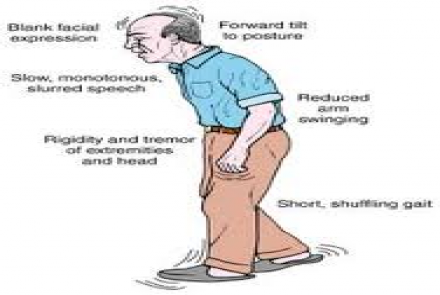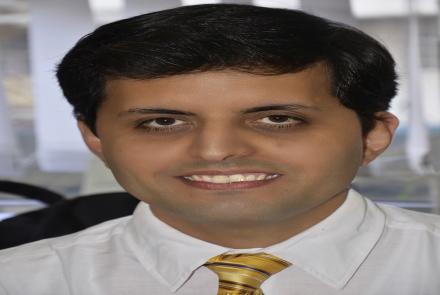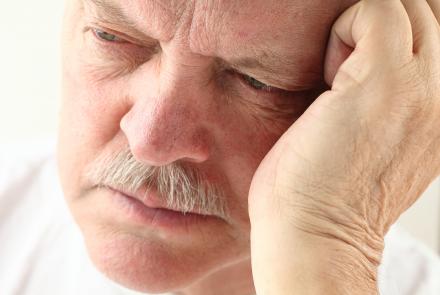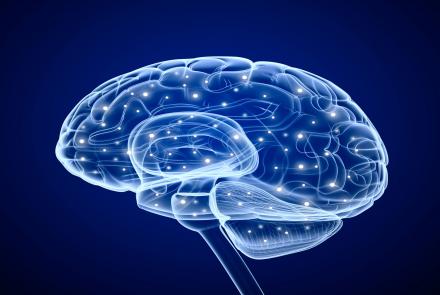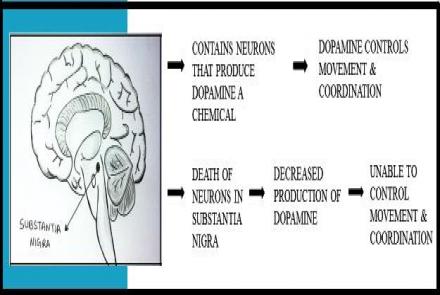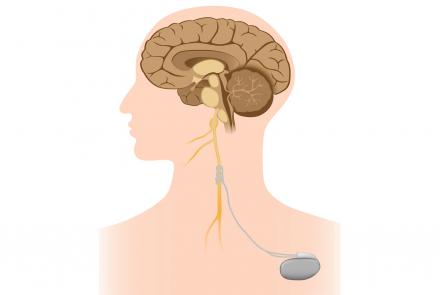
Support Group for Parkinson's in India run by PDMDS and in collaboration with their partners.
Last Update - Feb 2019
A support group is an informal gathering of people who share similar experiences, situations or problems. By meeting together, Parkinson’s Support Group members can offer each other emotional and practical support.
In such a group, one is able to learn about Parkinson’s its problems and treatment. But most importantly the members share experiences and practical tips on living with Parkinson’s. Formal discussions, lectures and demonstrations on the many facets of the conditions are organized, drawing for the multidisciplinary approach.
Regular support group meetings entail a healthy and detailed interaction and exchange of feedback between the patients, caregivers and health care professionals. This has resulted in organizing programs based on the needs expressed by the members. Some of the programs and activities organized include, ‘Yoga for Parkinson’s’, ‘Art therapy’, ‘Physiotherapy sessions’, ‘Educational and Cognitive training sessions’
Support Groups help renew ones sense of hope in dealing with changes one experiences in one’s life style. They give you a chance to make new friends and to break down feelings of isolation. In belonging to a support group you will always find that, ‘YOU ARE NOT ALONE!’
If you have Parkinson’s or any other movement disorder, remember you are not alone.
Attached is a listing of all support groups run by PDMDS and through their outreach centres. But if you cannot make it to those centres, you can reach out to them through this online community as well.
There are Support Group and Physiotherapy Group meetings in different parts of Mumbai:
Andheri, Bandra, Santacruz, Andheri, Borivali, Byculla, Chembur, Dadar, Kandivali, Dombivili, Ghatkopar, Mulund, New Marine Lines, Thane, Vasai, Vashi, Nallasopara, Arnala
Community Based Rehabilitation for Neurological Conditions:
BDD Chawls Worli and Dharavi
Outreach Centres
GOA: Mapusa, Margao, Panjim, Ponda, Vasco da Gama
KARNATAKA: Bengaluru
Rest of MAHARASHTRA: Nashik, Jalgaon, Asangaon/Vasind
GUJARAT - Vapi, Kaprada
MADHYA PRADESH - Indore
KERALA - Cochin
TELANGANA: Hyderabad
RAJASTHAN - Jodhpur, Udaipur
CHANDIGARH
ANDHRA PRADESH - Nellore
ASSAM - Guwahati
SIKKIM - Gangtok (new)
DELHI - New Delhi (new)
OUTREACH CENTRES IN COLLABORATION WITH BKP – PDMDS
GUJARAT: Ahmedabad, Baroda, Bhavnagar, Anand, Mahuva, Rajkot, Surat
MAHARASHTRA - Pune
Details attached: PDMDS Support Group Listing (Updated as of Feb 2019)



